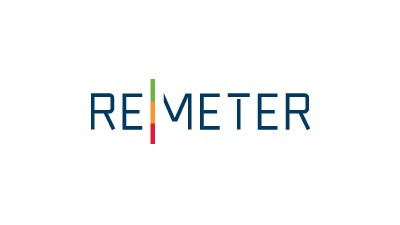9 Things Landlords Say to Justify Lease Deals—And Often Live to Regret

For centuries, commercial leases have been signed without any real information on the new tenant, but technology has completely changed this landscape. Signing a tenant on instinct, light research or hearsay can come back to bite landlords in the assets before the lease is up. Our team at Bisnow wanted to learn a little more about why landlords justify leases to poor, high-risk tenants. So we asked (RE)meter, which underwrites tenants in 10 minutes or less with IRS, Census and Department of Labor data, to comment on the most common statements (or rather, misstatements) landlords tell themselves when not having all the facts.
1. “It’s a public company or large private company, I have enough information about them.” When you’re doing your due diligence, don’t just rely on limited data sources. Rating agencies, including Moody’s, RMA and D&B, have limited databases and don’t focus on commercial real estate. (RE)meter is designed for landlords to compare tenants to their competitors with a database that covers every company in the country.
2. “This industry is doing really well—so will this tenant.” A rising tide does not always lift all boats. For the first time in the history of commercial real estate, owners and developers can now rank companies within industries both locally and nationally, with metrics that are vital specifically to landlords.
3. “The tenant is not great but their security deposit will cover them.” Owners and developers should stop settling for large security deposits for mediocre tenants. (RE)meter’s software can break down the effect of security deposits for each lease transaction.
4. “My tenant only needs 20% of their revenue/sales to cover rent.” Before considering this as good news and signing that tenant, find out how much revenue/sales the tenants’ competitors need to cover rent.
5. “My tenant always paid their rent on time, so I should renew them.” That’s what RadioShack’s landlords thought too. See RadioShack Whitepaper.
6. “Our internal team approved this tenant.” Internal teams lack consistency in their underwriting methods. Internal teams don’t underwrite every tenant. They use different team members to do the analysis, use different data sources, and are often subject to pressure from asset managers and/or brokers to “approve” a tenant.
7. “This tenant will add value to my building.” Be sure to consider the tenant’s individual credit rating and how that affects cap rates and your building’s value.
8. “The space has been vacant for years. I need to lease the space to sell the building.” It’s actually less costly to avoid a bad deal than to lease to a bad tenant, and not all tenant’s add value. Working through bankrupt tenants can costs more time and money. If the tenant doesn’t add value, don’t lease the space.
9. “My broker is aggressive about getting a commission, which is good for me.” Brokers do a great job of finding tenants and negotiating lease terms but are not usually versed in underwriting tenants. If you rely on your broker for underwriting, they should use a third party unbiased source. As a landlord, you should know more about your tenant's risk than they do.
To read more about how a (RE)meter score gives you an actual depiction of the tenants' health, click here.

